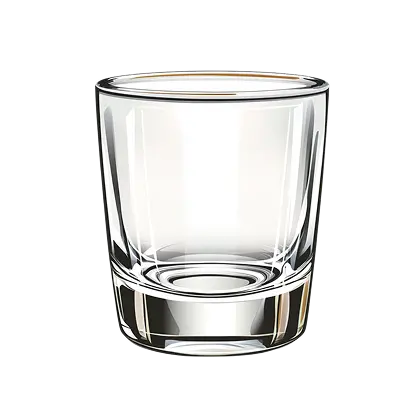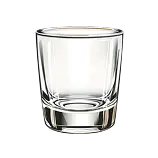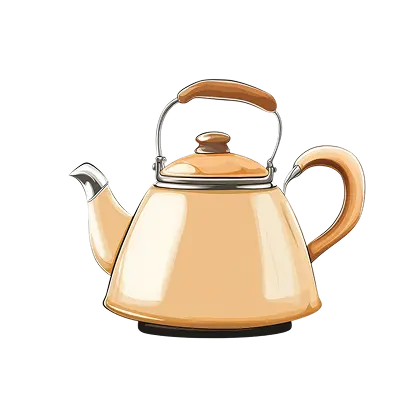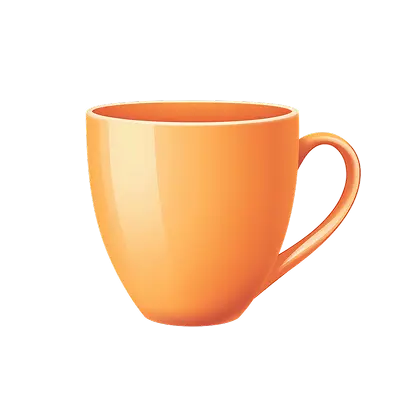

Glass (noun) — A drinking vessel, typically made of glass material, used for holding liquids such as water, juice, or wine. As a part of cutlery or tableware, it is placed alongside plates and utensils during meals.
How to Pronounce “Glass”?
To pronounce “glass,” start with a hard “g” sound like in “go,” followed by a short “a” as in “cat,” and finish with the soft “ss” sound.
Level up your English with Koto!
Examples: How to Use “Glass” in a Sentence?
Let’s cover the following step and get a bigger angle on the general usage of this word, and boost your own ability to create similar lexical and grammatical structures with “glass.”
What Are Synonyms for the Word “Glass”?
In this section, you will get more insights regarding the synonymous expressions of “glass” to boost your vocabulary and lexical knowledge.
Related nouns: tumbler goblet wineglass chalice
Synonyms (contextual): drinking glass cup stemware glassware
Common collocations: beer glass juice glass water glass crystal glass
“Glass” Word Formation and Description in Context
This word can be combined with other parts of speech in English to form unique and interesting phrases, language forms, etc.
With adjectives: small glass beautiful glass coloured glass fine glass
With verbs: fill glass hold glass wash glass serve glass
With nouns (noun + noun): glass of water glass of wine glass tumbler glass of juice
Idioms and Phrases with “Glass”
So what does “glass” mean? You already know it partially, but we have a small surprise for you — the meaning can change according to context and the phrases it is used in.
-
Clink glasses — To gently tap drinking glasses together, usually as a toast to celebrate or show good wishes.
At the wedding, everyone clinkedglasses to toast the happy couple. -
A tall glass of water — This phrase is used to describe someone who is very attractive or appealing. It’s a compliment highlighting someone’s physical appearance.
He walked into the room like a tallglass of water — smooth and impossible to ignore. -
Raise a glass — To lift your drink, usually in celebration or to honor someone or something with a toast.
Let’s raise aglass to our team’s success and the hard work that got us here!
Test Your Knowledge of Glass Meaning — Quiz Time!
To define a glass even more, we invite you to participate in our intellectual game, check what you know, and broaden your horizons as a result!
Enjoy personalized learning!
“Glass” Word in Other Languages
Learn how to spell “glass” in other languages as well as its pronunciation.
| Language | Word for “Glass” |
|---|---|
 Spanish
Spanish |
Vaso |
 French
French |
Tesse |
 German
German |
Glas |
Did You Know It? Fun Facts About “Glass”
To make a definition of “glass” even more complete and interesting for you, we invite you to learn more about this cutlery item through these surprising facts.
-
Glassware wasn’t always made of glass
While we now associate “glass” with the transparent material, drinking vessels have historically been made from materials like wood, metal, and ceramic. Ancient civilizations often used ornate goblets or cups crafted from bronze or clay. The use of actual glass became widespread only after the Roman Empire developed glassblowing techniques. -
Clinking glasses was a safety check
The tradition of clinking glasses during toasts dates back to medieval times and was believed to prevent poisoning. The idea was that a vigorous clink would cause some of each drink to spill into the other person’s glass, demonstrating mutual trust. Over time, it evolved into a celebratory gesture rather than a practical safeguard. -
Glass shape affects taste and smell
The design of a drinking glass can significantly influence the flavor and aroma of beverages. For example, wine glasses are shaped to direct scents toward the nose and concentrate flavors on specific parts of the tongue. Even champagne flutes are tall and narrow to preserve bubbles and maintain the drink’s crisp texture. -
Formal table settings follow a specific logic
In formal dining, the glass is always placed in the upper right corner above the knife to align with the dominant hand used. This arrangement minimizes awkward reaching and keeps the flow of service smooth. If multiple glasses are present, they’re ordered based on the sequence of drinks to be served. -
Glassware signals the dining experience ahead
At upscale meals, the number and type of glasses at each place setting hint at how elaborate the meal will be. A single tumbler might signal a casual meal, while multiple wine glasses and a water goblet point to a multi-course dining experience. This nonverbal clue helps diners anticipate what’s to come.
Famous Quotes Featuring “Glass”
As you already know, the word “glass” could be found in various phrases and idioms, besides your dining table. Take a look at what meaning and importance people put into this lexical unit in their quotations.
— David Lee Roth
Explanation: This joke plays on the absurdity of mixing two unrelated activities—jogging and drinking a glass with ice cubes. It highlights, humorously, how certain things cannot be done together, thus making the image funny and unexpected.
— George Carlin
Explanation: George Carlin’s quotation, similarly, nullifies the typically hopeful or pessimistic view of the contents of a glass by bringing forth the question of whether the glass should even exist in the first place: whether the issue of point of view is about needless excess.
— Alexis Lichine
Explanation: Alexis Lichine links wine glasses and fine wines as enduring symbols of sophistication and cultured taste. His quote emphasizes how certain objects can represent broader ideas of elegance and refinement in society.
— Jil Sander
Explanation: Here you can see a kind of antithesis between letting thirst go away, so to speak, and really savoring a drink of water as is done in Japanese culture. This implies that even something as simple as a glass of water can carry refined qualities worth enjoying.





